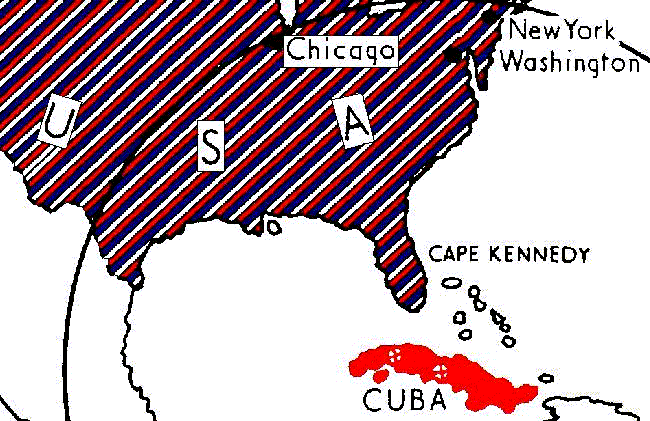This week, our editors on the ground are bringing news of book fairs, prestigious awards, and new mediums for well-loved texts. Suhasini Patni takes us through the JCB Literary Prize longlist, David Boyd introduces a new adaptation of Banana Yoshimoto, and Eva Wissting welcomes back the revitalised, in-person edition of the Gothenburg Book Fair. Read on to find out more!
Suhasini Patni, Editor-at-Large, reporting from India
August and September have been the months of literary awards in India. The fourth iteration of the JCB Literary Prize, known as India’s most “valuable literary prize” has announced its longlist; the panel of judges—“author and translator Sara Rai—who will act as chair, 2018 JCB Prize-winner Shahnaz Habib, designer and art historian Dr. Annapurna Garimella, journalist and editor Prem Panicker, and writer and podcaster Amit Verma”—have chosen mainly debut novels for the longlist.
There are also three novels in translation, all from Malayalam. Notably, the prize last year went to Moustache, written by S. Hareesh and translated from Malayalam by Jayasree Kalathil. The books on the longlist are: Delhi: A Soliloquy, written by M Mukundan (translated by Fathima EV and Nandakumar M), Anti-Clock by VJ James (translated by Ministhy S), and The Man Who Leant to Fly but Could Not Land by Thachom Poyil Rajeevan (translated by PJ Mathew).
Delhi: A Soliloquy was the winner of Ezhuthachan Puraskaram, the highest literary award given by the government of Kerala. The book is set during the 60s-80s and follows the lives of Malayalis living in Delhi, exploring how the daily existence of migrants are full of disruption and longing. While the capital undergoes a war with China, the Emergency, and the anti-Sikh riots, the families struggle to earn money to send back home. “Delhi’s underbelly is laden with squalor and misery. I wanted to talk about these dark sides of the city,” said the author. But the loneliness and alienation of migration is captured through a discussion on language.
She didn’t know Hindi, and no one spoke Malayalam. For a few months, she had to live without language. For the first time in her life, she understood what it meant to be isolated.
The New India Foundation also announced its longlist for the fourth edition of the Kamaladevi Chattopadhyay NIF Book Prize, celebrating excellence in non-fiction writing. The foundation is also currently accepting translation fellows for work in non-fiction. The mentors for this fellowship include writers like Ayesha Kidwai, Vivek Shanbag, and Rana Safvi among many others. READ MORE…



